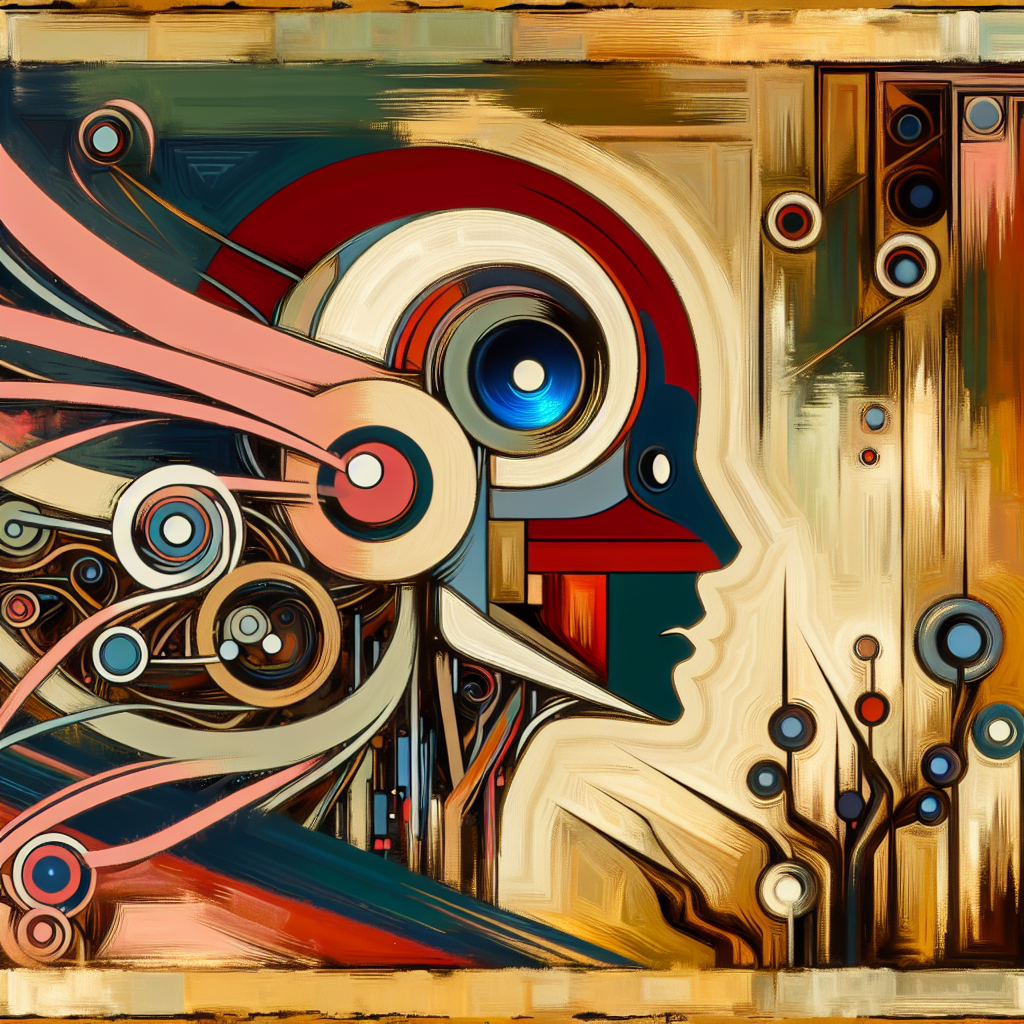Humorous Overview of the US Artificial Intelligence Copyright Battles, Illustrated

“Every AI Copyright Lawsuit in the US, Visualized”
“Ryan Abbott, a lawyer and professor of law and health sciences at the University of Surrey in England, thinks that AI-created works deserve copyright protection. Without it, he contends, people will have less incentive to create AI that can create.”
In an era where art and science are striving towards a harmonious union, AI has emerged as the matchmaker; the unsung hero conjuring breathtaking symphonies and conjuring Picasso-esque masterpieces right before our incredulous eyes. Yet, some individuals, like our good friend Ryan Abbott, evoke a gnawing concern; should these AI-created marvels be extended the copyright protection traditionally reserved for human ingenuity?
In Abbott’s book, the answer is a resounding yes. He firmly believes that skipping on granting copyright protection to AI creations could be the equivalent of pouring cold water on the fervour for innovating conscientious AIs. Dramatic? Perhaps, but there’s method in this madness, and it’s worth exploring.
Stephen Thaler, a physicist and inventor, got tangled up in the copyright quagmire when his AI DABUS went all Picasso on us and created two artworks. Thaler tried patenting these under his AI’s name, causing patent officers and the public to blink in stupefaction. Much like guest on a talk show, who were expecting juice but got served champagne instead.
Of course, the authorities were prompt in delivering a reality check. AI, as per current legal dictums, are not deemed capable of owning patents. That’s reserved for the realm of flesh and blood. But hey, who ever said laws couldn’t evolve with technology?
This led to a fascinating case study. In the blue corner, we have proponents who believe AI systems should receive credit (and consequently, copyright protection) for their creations. Man-made or not, creativity is creativity, right? While in the red corner, we have the traditionalists who argue that AI systems are too… well, unhuman to be granted such honor.
And it’s not just about AI receiving copyrights. Extending copyrights to AI creations could put a dent in the profits of companies who currently ride on the coattails of unprotected AI innovation. Interesting quirk to this case, isn’t it?
This tale of art, law and artificial intelligence sure keeps the drama high. As the debate rages, the boundaries between what is human and what can be deemed artificial continue to blur. So, sit back in those armchairs, people. Future of AI copyright law promises to be eventful. Will DABUS ever get a copyright for its artwork? Only time, and much deliberation by our judicial overlords, will tell. Stay tuned!
Read the original article here: https://www.wired.com/story/ai-copyright-case-tracker/
